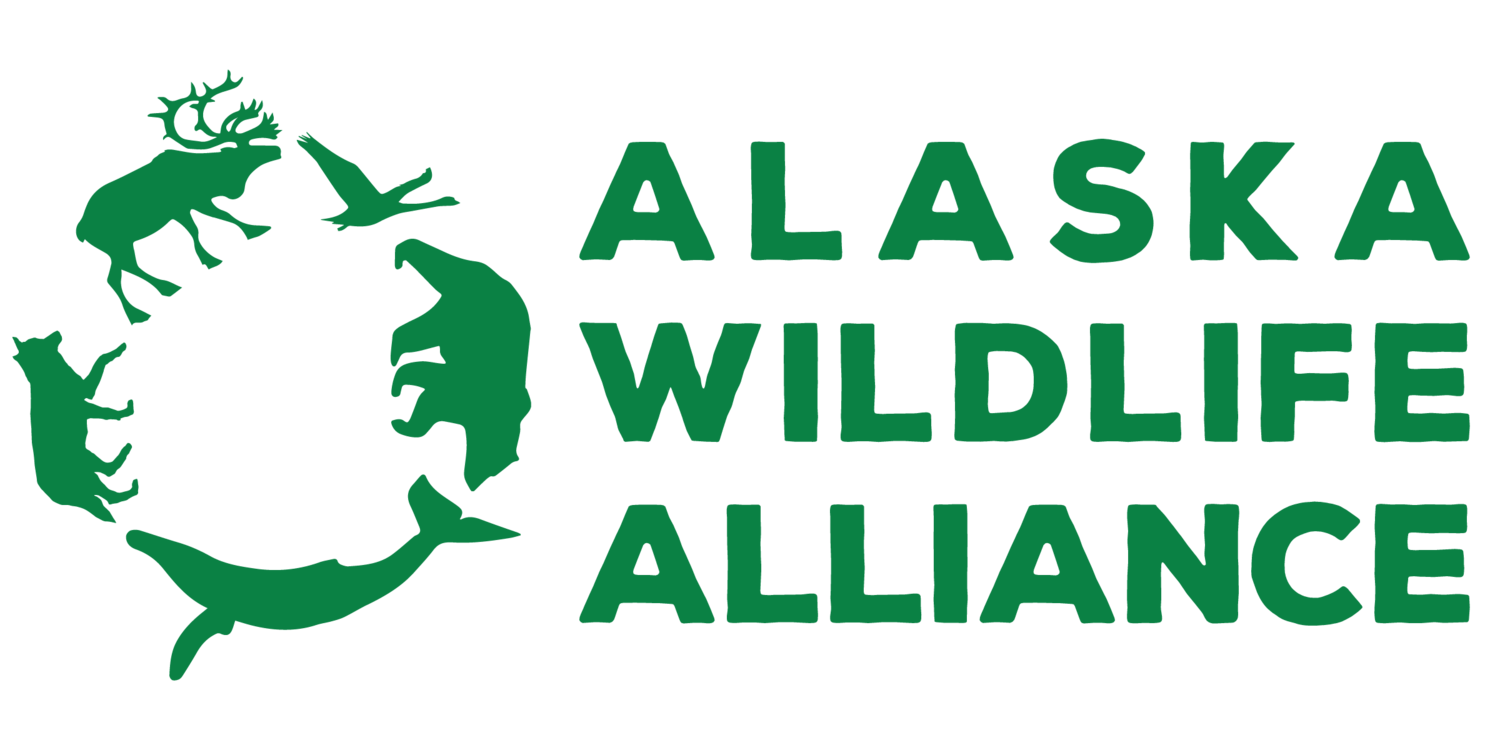Wolves can’t attend law school, birds can’t file briefs, and bears are certainly not welcome before judges. Yet, sometimes the only recourse we have to secure wildlife and habitat protections is through the courts. Today, the courts heard oral arguments in two of our wildlife cases.
A U.S. Fish and Wildlife Service regulation authorizes oil and gas operators in Arctic Alaska to disturb or harass Southern Beaufort sea polar bears while they are denning, hunting, feeding, or interacting with other bears. This rule threatens the health of this population of these polar bears, which are already imperiled and extremely vulnerable to industry activities and climate change.
The lawsuit centers on the Fish and Wildlife Service’s failure to protect these polar bears and their cubs from industrial activities in Arctic Alaska as required by the Marine Mammal Protection Act. The Marine Mammal Protection Act prohibits take of marine mammals with a narrow exception that allows Fish and Wildlife to authorize an unintentional “take” of small numbers of marine mammals for five years or less if it will have a negligible impact on the population. These authorizations are called “incidental take regulations.” The word “take” here refers to the act of harassing or harming bears.
In this case, the allowed “take” of polar bears is not negligible but significant. The regulation allows the oil and gas industry to harass roughly half of the 907 bears in the Southern Beaufort Sea population. This means that over the five years that the rule covers, half the entire population of polar bears in this region will face harassment while hunting feeding, and engaging in other important behaviors. Cubs will also face potential injury or death due to industrial noise, equipment, and other activities that disturb them while denning and impair their survival and health.
The public interest non-profit law firm Trustees for Alaska filed the suit in Anchorage, Alaska, on behalf of the Alaska Wildlife Alliance, Alaska Wilderness League, Defenders of Wildlife, Environment America, and Sierra Club. Trustees is co-counseling with the Center for Biological Diversity, which represents itself and Friends of the Earth.
Today we, with our co-plaintiff and former Board of Game member Joel Bennett, argued that the State's no-limit trapping season on Alexander Archipelago wolves violates Sustained Yield. In adopting this management plan, the State failed to consider important factors such as genetic diversity and does not provide transparent in-season management guidelines to prevent over-trapping. Joe Geldhof is representing AWA and Joel Bennett in this litigation.





